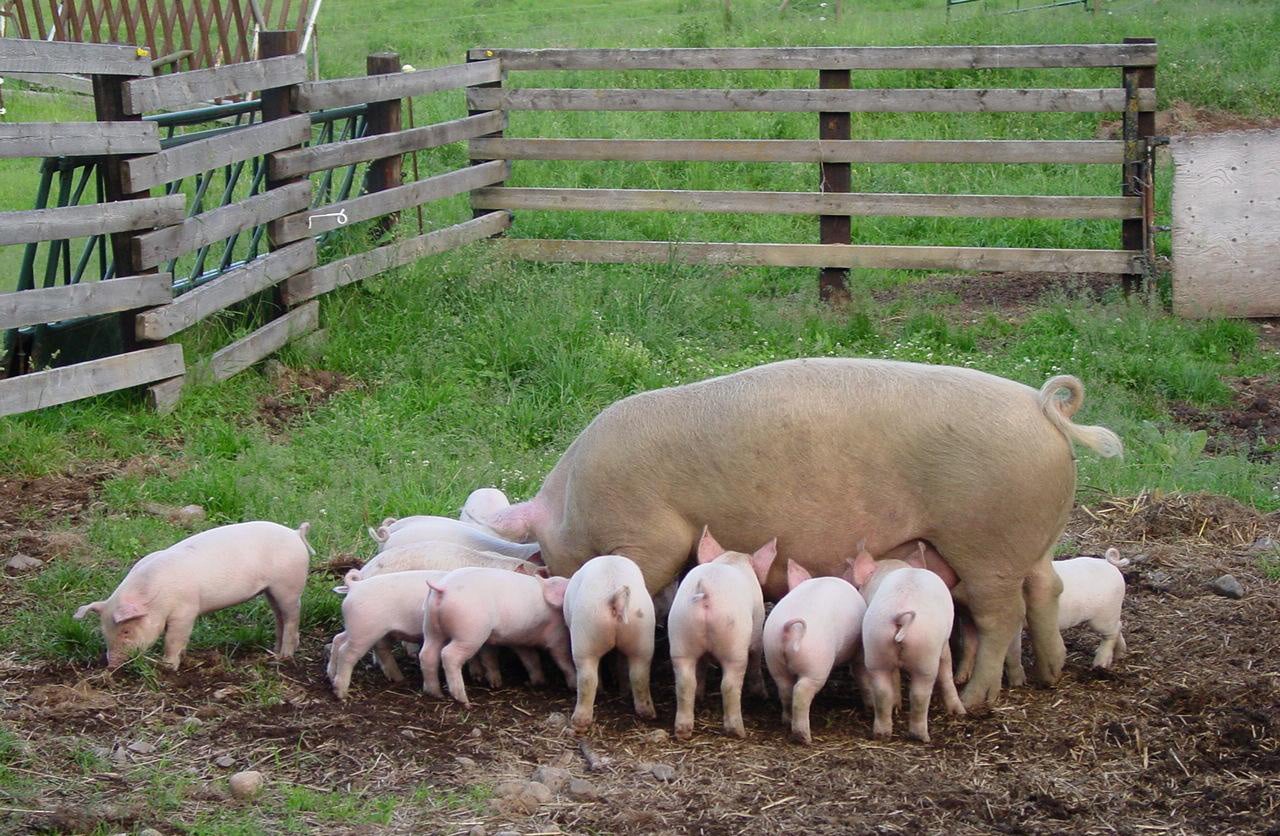
CEO Blog: Advocating for all animals: our stance on farming

CEO Blog: Advocating for all animals: our stance on farming
If you ask some of our friends and supporters, it seems the Winnipeg Humane Society (WHS) is at the same time giving farmers a hard time while not defending farm animals strongly enough. Given the passionate debates the issue of animal welfare generates, let me try to provide more insights into what we are really trying to do.
As part of our commitment to animal welfare, the WHS denounces the cruel, unsustainable and damaging practices that large-scale factory farming has brought to hundreds of thousands of animals.
There is considerable evidence and research about the negative impact of large-scale factory farming that also includes how these operations negatively affect climate and human health issues such as high cholesterol, heart disease, high blood pressure and diabetes.
We are opposed to animals being treated like objects: Along with many other animal welfare organizations across the world, the WHS is determined to expose the cruelty of intense confinement of farm animals in factory farms or farms which do not follow humane policies. We believe animals should be provided every opportunity possible to allow them to exhibit every natural behaviour they need to lead a happy and healthy life.
We are also opposed to:
- Confining hogs in gestation crates and chickens in cages or small spaces
- Transporting farm animals for long distances in crowded trailers – without access to food or water, and/or respite from extreme hot and cold.
- Dairy cows being separated from their calves immediately.
- The production and consumption of foie gras and veal.
We support small-scale humane family farming, which includes:
- Allowing animals to exhibit their natural behaviours.
- Access to the outdoors as much as possible.
- Use of natural bedding/substrate.
- Providing wholesome and natural diet.
- Avoiding unnecessary confinement.
- Avoiding unnecessary antibiotics.
- Humane slaughter practices.
We support choice: Eat food. Not too much. Mostly plants* (from ‘How to Eat’ by Michael Pollan). That phrase summarizes the WHS’s position for animal welfare. People should have the choice to eat sustainably-raised, humanely-certified meat and dairy. Health Canada now agrees with Mr. Pollan. The EAT foundation just released a very similar recommendation in a joint research project with The Lancet.
The WHS serves humanely-certified meat at all our events to those who wish to consume meat, along with plant-based and vegetarian options.
We are here to advocate for the well-being of all animals: The WHS is not in the business of judging cultural or personal food choices, or to judge what each of us puts on our plates. We accept that eating meat from animals which had a quick and painless slaughter, without being transported for long distances, is a better alternative than consuming factory-farmed meat.
We encourage respectful dialogue: We can all coexist, and we can make life on our planet more humane and sustainable in the process. Debate and discussion, if it is respectful and healthy, will always be accepted within our social media and blog posts.
Let’s be kind to all animals, let’s make sure every single farm animal can exhibit all their natural behaviours, let’s avoid judging others, and let’s support the hard work and commitment of our sustainable small-scale local farmers.
In service,
Javier
WHS CEO

